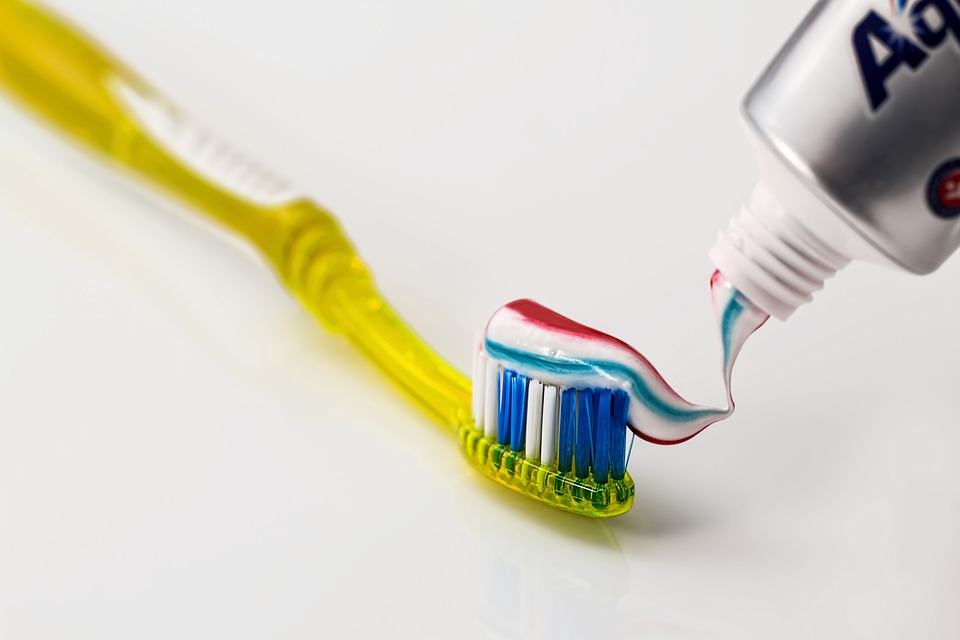Dentist Near Me

Nearly 30 million Americans suffer from diabetes. Almost 65 million Americans have periodontal disease. Recent studies have suggested that there is a two-way connection between diabetes and periodontal (gum) disease. Patients with gum disease have increased risk of other diabetic complications and patients with diabetes are more prone to developing gum disease.
Gum disease causes inflammation in the body, which can make controlling blood sugar more difficult for diabetic patients. Severe periodontal disease has even been shown to increase blood sugar, making it more difficult to maintain or regain good blood sugar control. In addition, when blood sugar is elevated, patients experience increased risks of additional diabetic complications.
Patients with diabetes are more prone to infections in general. This is especially true for patients whose diabetes is not well controlled. Diabetic patients with poor blood sugar control are more likely to develop gum disease than patients whose diabetes is well controlled. Less controlled diabetic patients will generally have a more severe case of gum disease and are likely to lose more teeth from gum disease, as well.
Besides blood sugar control, diabetes includes a number of other health complications. Diabetic patients are more prone to other oral health issues, such as dry mouth or thrush (a fungal infection of the mouth). Reduced saliva production or infection in the mouth can increase risks of developing periodontal disease as well.
Smoking can escalate these risks even further. Studies have shown that smokers are 5 times more likely than non-smokers to develop gum disease, overall. Diabetic smokers age 45 or older have been found to be 20 times more likely to develop severe gum disease.
Fortunately, when diabetes and blood sugar are well-controlled, the risks of periodontal disease and other oral health complications are no different than for patients without diabetes. If you are diabetic, it is important to work with your doctor to keep your blood sugar under control as much as possible to avoid these added health complications.
Be sure to let us know if you have diabetes and how well-controlled it is. We may need to discuss your medication schedule when planning treatments or to postpone a treatment if your blood sugar is not controlled. Keep in mind that healing from treatment can take longer for diabetic patients, even when blood sugar is well-controlled.
If you have questions or concerns about your risk of periodontal disease with diabetes, contact our office for more information.
540 West Hill St.
Thomson, GA 30824
Phone:(706) 595-5152








 Between Halloween and Christmas, there are numerous tasty treats and foods to enjoy. For many people, food is the highlight of the holiday season. However, certain foods and candies are particularly damaging to your teeth. If you want to keep your smile looking healthy into the new year, here are some tips.
Between Halloween and Christmas, there are numerous tasty treats and foods to enjoy. For many people, food is the highlight of the holiday season. However, certain foods and candies are particularly damaging to your teeth. If you want to keep your smile looking healthy into the new year, here are some tips. White spots on your teeth can be irritating and affect how you feel about your smile. The good news, however, is that they are preventable and rarely cause for concern. Here are things you should know about what causes white spots, how to prevent them, and what options are available should you already have them.
White spots on your teeth can be irritating and affect how you feel about your smile. The good news, however, is that they are preventable and rarely cause for concern. Here are things you should know about what causes white spots, how to prevent them, and what options are available should you already have them. Coffee is well-known as hazardous to teeth, but there are things you can do besides cut it out completely. Here are some things to know about coffee’s effects on your oral health and diet, as well as how to mitigate them.
Coffee is well-known as hazardous to teeth, but there are things you can do besides cut it out completely. Here are some things to know about coffee’s effects on your oral health and diet, as well as how to mitigate them.



